Our community has lost two beloved members in the past few months. Ed Grunewald, owner of Club 5, died from pancreatic cancer in April. Felicia Melton-Smyth, prominent AIDS activist, was murdered during a robbery while vacationing in Puerto Vallarta, Mexico, in May. Even if you didn’t know them, chances are you’re helping friends get through through their pain and shock. Since many of us are struggling to cope with these events, I thought a discussion about grieving might help us support each other. I have personally witnessed the immediate and strong response in our community to help and heal those affected by the recent tragedies. We are all too familiar with grief, considering our losses to illness and violence over the decades. I hope that these humble words can be of assistance to a community already expert in coping with death.
The most important thing to remember is that people move in and out of several different states as they grieve. There are no rules for grieving, but there are some similarities that most of us experience. Often, the first state is denial or shock, which leaves us feeling blank and disoriented. As our intellect begins to process the reality, shock gives way to pain as the situation slowly reaches our emotional centers. Pain is interspersed with fond remembrances about the loved one or a return to normal routine for a period of time. After time, the unbearable feelings decrease, and the sadness is placed in context with the rest of our lives. Eventually, our pain arises only when we are reminded of the loss.
The most important piece of advice to remember is that there no set time limit for grieving. Many people have the notion that grief should only last a few weeks. The loss of someone dear to you can take years to process completely. Do not rush yourself. Conversely, some people feel guilty that they are not more upset by the death of their loved one and feel they are betraying them if they return to regular activities “too soon.” If a loss is expected, such as with a long illness, much of the grieving process may have occurred before the death itself. The caregiver in this situation experiences many smaller losses and periods of grief before death. Consequently, much of their pain has already been emotionally processed. Move forward at your own pace.
Grieving is a normal psychological process, not an illness. Friends and family are the best people to help with bereavement. However, grief can become entwined with depression, a problem that can be treated. How do you tell the difference? Well, even professionals can have trouble telling them apart but here are some broad outlines to guide you. If you notice the signs of depression, contact a health professional for help.
How to Tell the Difference
Grief: Sadness, pain, anger
Depression: Intense guilt or worthlessness
Grief: Passive thoughts of wanting to die and join the loved one.
Depression: Active plans to harm self
Grief: Periods of being unable to feel pleasure or experience happiness
Depression: Consistent lack of capacity to feel pleasure
Grief: Exhaustion and fatigue
Depression: Moving, speaking and even blinking at a slow rate
Grief: Needs help organizing tasks and support to continue
Depression: Unable to finish even simple tasks
Grief: Experiences visions of the deceased person or hears their voice
Depression: Has frightening hallucinations or behaves erratically
The vast majority of people will never become depressed from grief, and social support is the best way to prevent problems. Everyone wants to help, but people feel awkward around grieving people. To some extent, this is to be expected. Thankfully, most of us don’t have to deal with grief on a daily basis and consequently lack practice in grieving or supporting others through the process. Everyone needs different things though, so I’ll leave you with some general ideas to start with if someone near you needs support.
How to Help a Grieving Person
• DO allow expression of emotions through listening.
• DO offer specific, practical assistance such as house cleaning or meal preparation.
• DO show your own emotions if you share in the loss.
• DO be available for important dates that could trigger another round of grieving such as birthdays, anniversaries.
• DON’T avoid bringing up the loss.
• DON’T attempt to justify the loss by saying, “It was for the best.”
• DON’T offer passive assistance such as “Call me if you need anything.”
• DON’T urge the person to “move on” or “get over it.”
• DON’T pry for details or insist on talking.




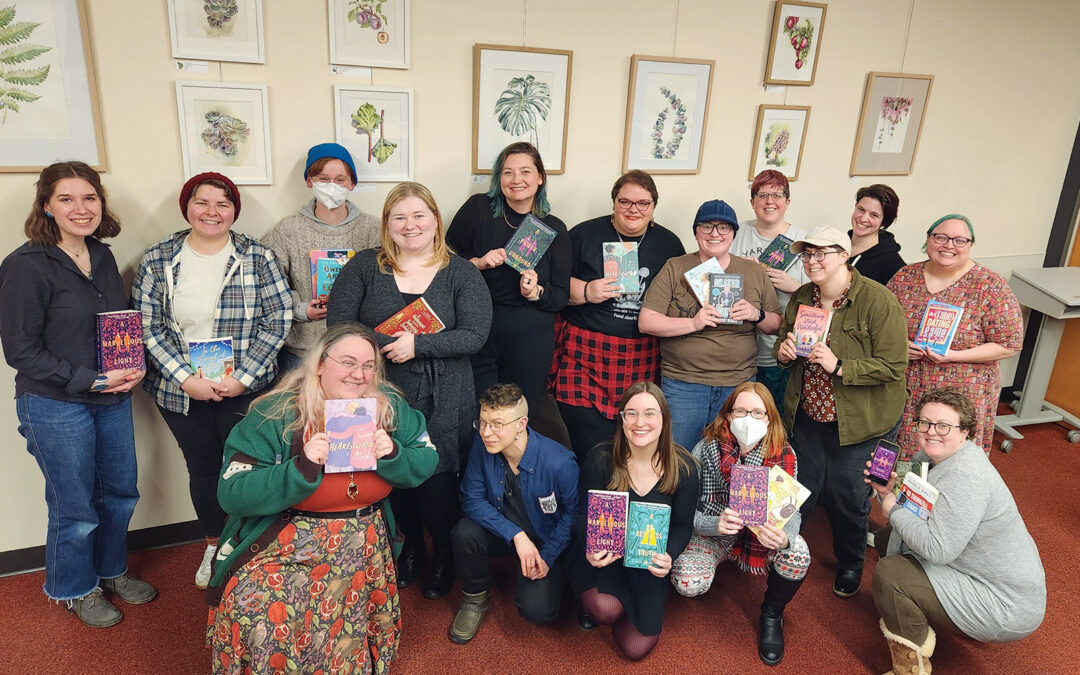
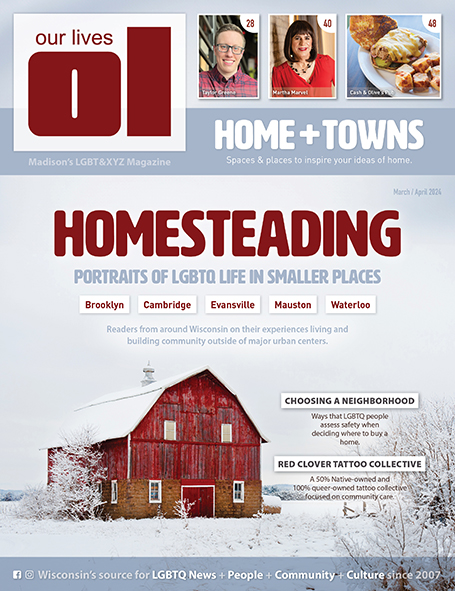

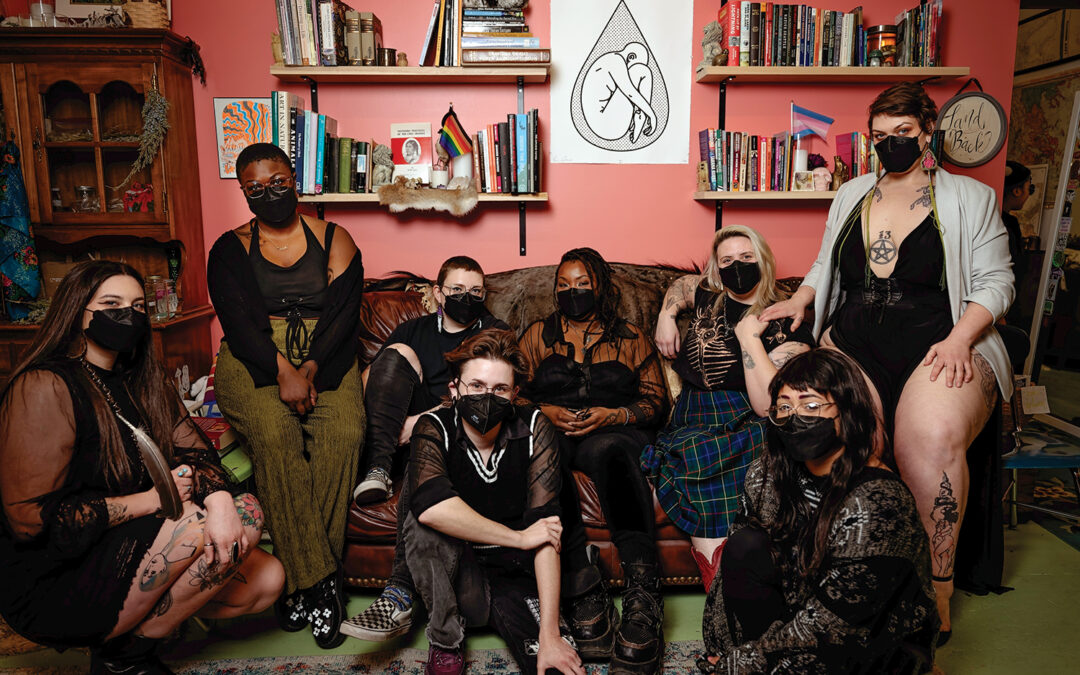
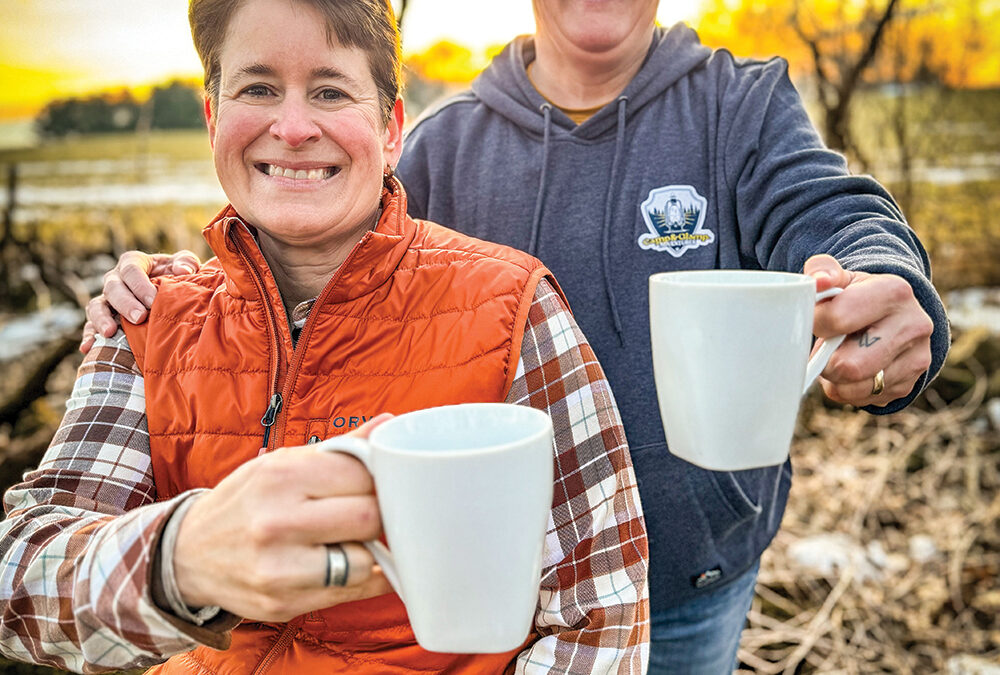


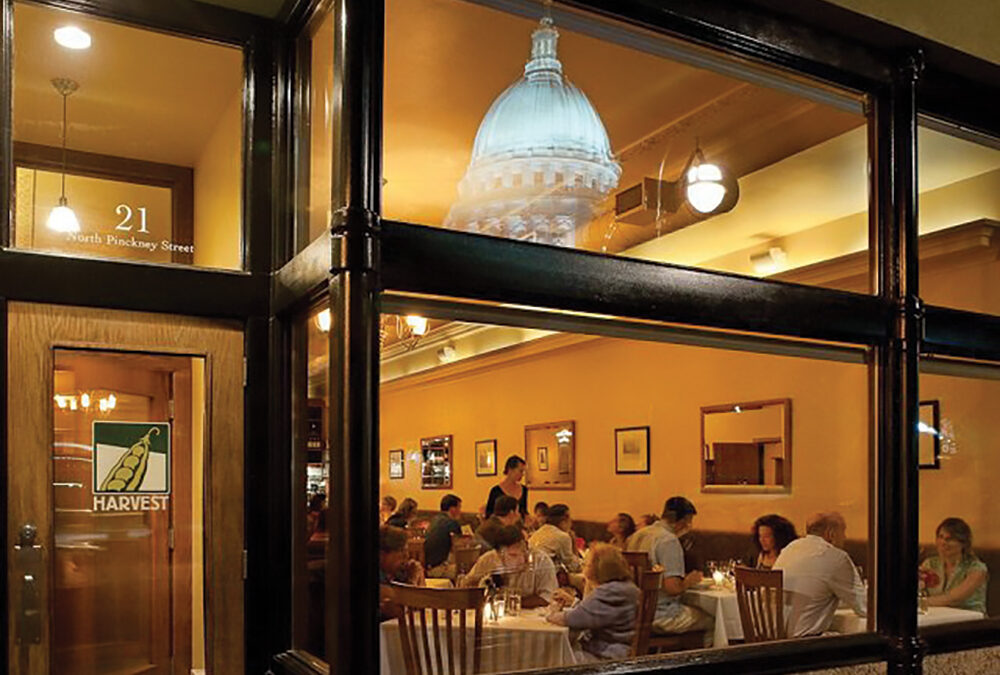
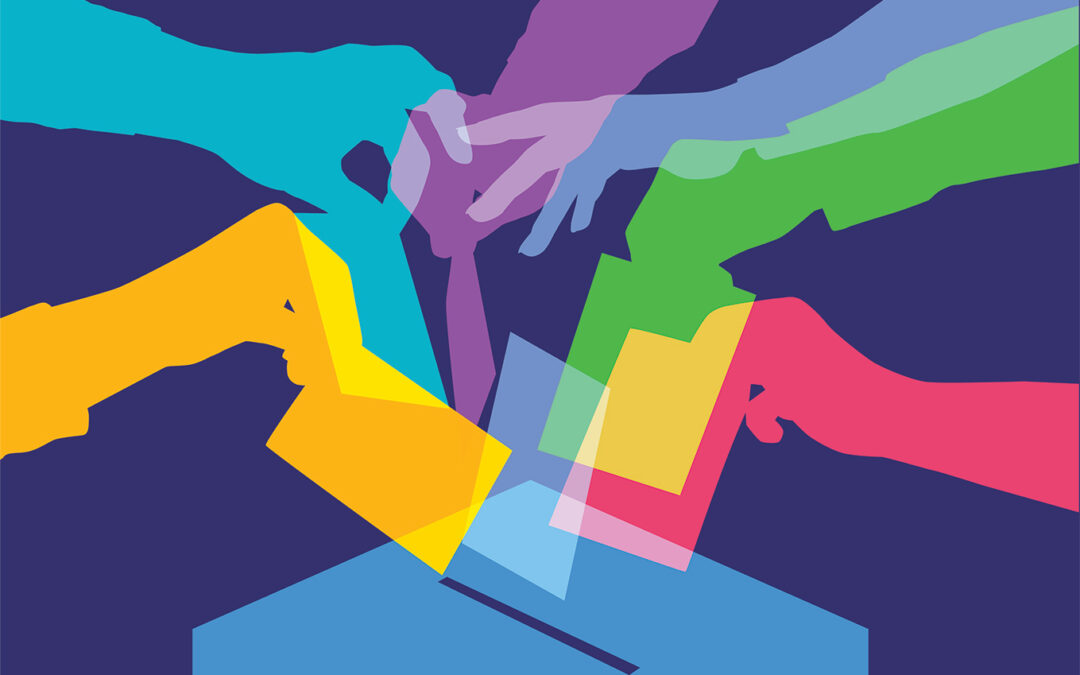
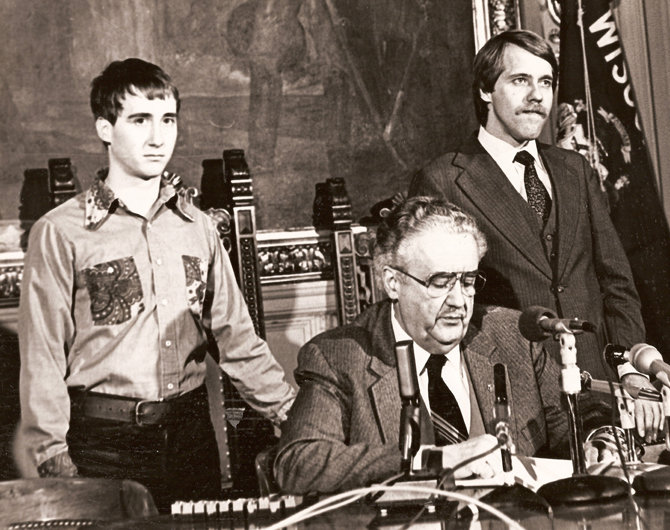








0 Comments